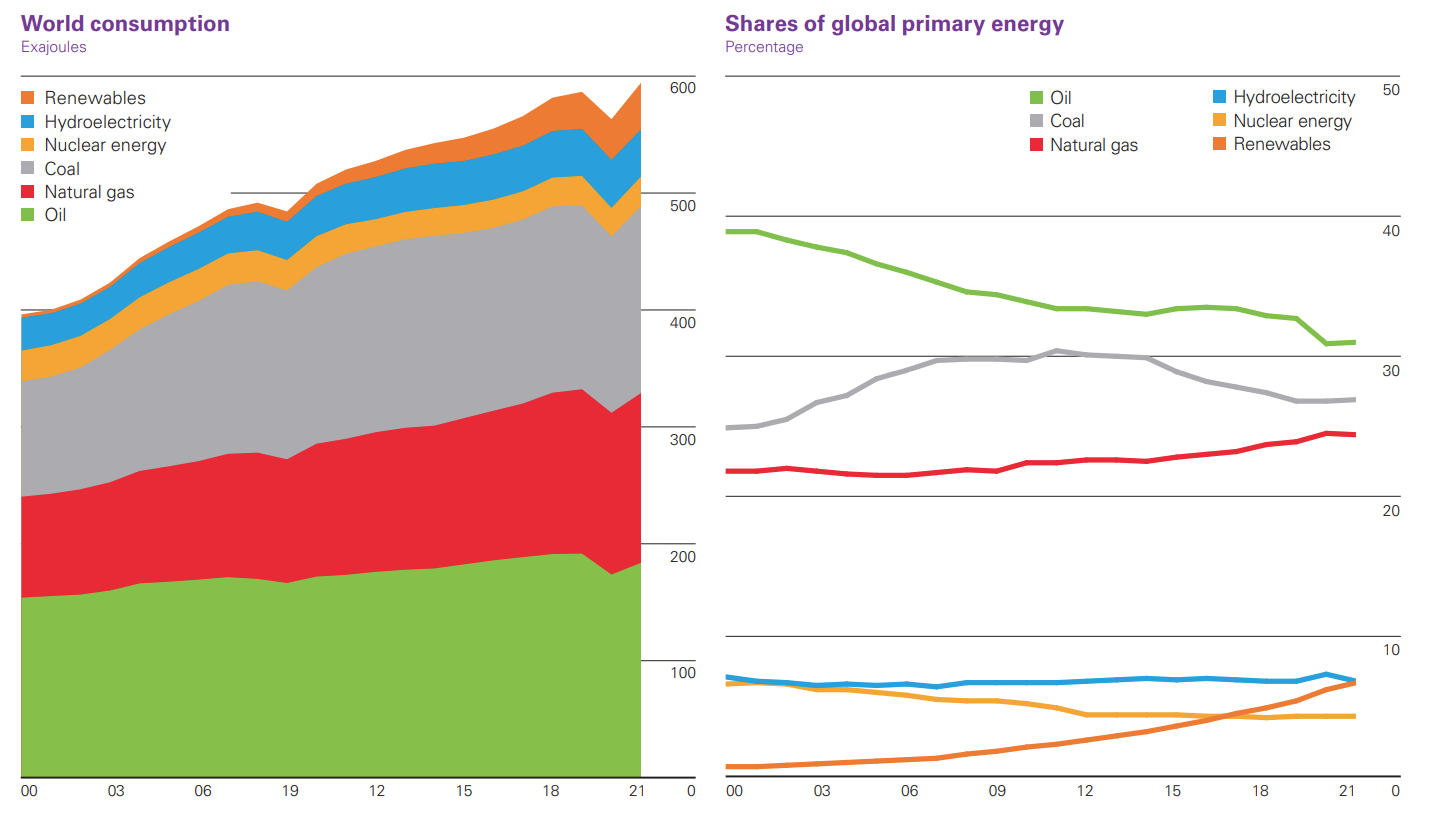Fool me once, shame on you; fool me twice, shame on me.
We do not have to fall for the same trick every time.
One thing we have learned in recent years is that there was never any serious scientific debate about climate change and the warming of the planet. The few scientists who contested Svante Arrhenius’s conclusion from 1896 that adding carbon dioxide to the atmosphere would heat the Earth were either not very good, on the payroll of the fossil fuel industry, or simply attention seekers. After all, the oil industry accepted global warming as a fact already in the 70s.
The fossil fuel producers have always been playing for time. It is a reasonable strategy, given that they make around three billion dollars per day as long as they are allowed to continue to operate. The strategies used to block or delay meaningful climate policies have been well documented, e.g., in the book “Merchants of Doubt” by Oreskes and Conway. The key ingredient was doubt: rather than denying the conclusions from climate science outright, they emphasized uncertainties of climate models and suggested other explanations for why the world was warming.
Today, the focus of the debate has shifted from climate science to policies. Most politicians and business leaders publicly accept the realities of climate change and the need to do something. However, as their stakeholders (i.e., constituents and customers) do not accept higher costs or lifestyle changes, they resort to greenwashing and pretend to be doing something while preventing any real progress. As David Wallace Wells puts it, “in the quest for sustainable development, the only thing more dangerous than the absence of progress is the illusion of it.” Climate hypocrisy is now a larger problem than climate change denial.
For greenwashing to be effective, people must be confused about what constitutes realistic and effective solutions to the climate crisis. Many new technologies are important not because they help limit global warming but because they divert attention from the simple truth: if we want to prevent greenhouse gas concentrations in the atmosphere from rising even further, we need to stop extracting carbon from the Earth’s crust. All oil and gas fields and all coal mines must be closed as quickly as possible. It is not the message Big Oil wants to hear.
Are we really going to fall for the same trick again? Perhaps there is only one realistic way to phase out fossil fuels, and the debate over different policies is a smoke screen intended to protect not only the profits of the oil companies but an entire value chain based on fossil fuels.
As usual, I do not want to tell you what to think but to present the reasoning behind Global Climate Compensation. I look forward to your feedback.
There are three ways to reduce the consumption of fossil fuels: we can limit demand, limit supply, or increase the price. Let us look at the pros and cons of each approach.
Limit Demand
So far, our response to the climate crisis has mainly consisted of investments in new technologies. The idea was that if renewable energy becomes affordable and technology more energy efficient, the demand for fossil fuels will decrease automatically. The obvious problem with this approach is that it did not work. It could never have worked because of the rebound effect. Most of the world is still in a state of energy poverty, where an increase in energy consumption results in a significant rise in living standards. Reduced demand in one part of the world will lead to lower prices on the world market, higher economic growth, and increased demand elsewhere. As a result, total energy demand has grown faster than renewable energy sources, as shown in the figure below.

In addition, even if we stop using oil as fuel, Big Oil already has a plan B involving a massive increase in the production of plastic. Whatever happens, they will try to sell their oil.
Limit Supply
Another option is to limit supply by simply closing down coal mines, oil refineries, and pipelines. This is the goal of a number of activist campaigns such as Just Stop Oil or Ende Gelände. If they succeed, it will have the same consequences as the sanctions imposed on and by Russia at the moment: energy scarcity, inflation, windfall profits for the remaining producers, and much suffering for the poor. Fossil fuel consumption will decrease, but the political price will be high.
It is a common misconception that Big Oil wants to sell a lot of oil. The truth is that they do not care, as it is much easier to sell one barrel of oil for $1000 than ten barrels for $100 each. It is the politicians who want to keep the oil flowing to avoid political unrest.
Increase the Price
A carbon tax is the only way to increase the price of energy while simultaneously limiting of profits of the fossil fuel companies. If they are forced to pay a fee proportional to the amount of carbon they produce, their profits will decrease even though energy prices increase. This will make both the production and the use of fossil fuels less profitable, impacting both supply and demand. In other words, a sufficiently high carbon tax will ultimately destroy the entire fossil-fuel-based value chain. Any business model dependent on fossil fuels will be invalidated.
In addition, the tax revenue can be used to protect the vulnerable from the effects of increasing energy prices and for investments in new technologies. Obviously, both the tax and the redistribution have to be implemented globally to avoid market distortions.
Based on this reasoning, Global Climate Compensation seems like the only rational response to the climate crisis. Many other approaches have probably been designed to fail.




Great article Henrik. The simplest solution, but politically still very difficult as those with power want the status quo to remain for as long as possible.
https://gruenezuerich.ch/blog/gruen-punkt/gruen-punkt-zuerichs-weg-aus-der-energiemangellage